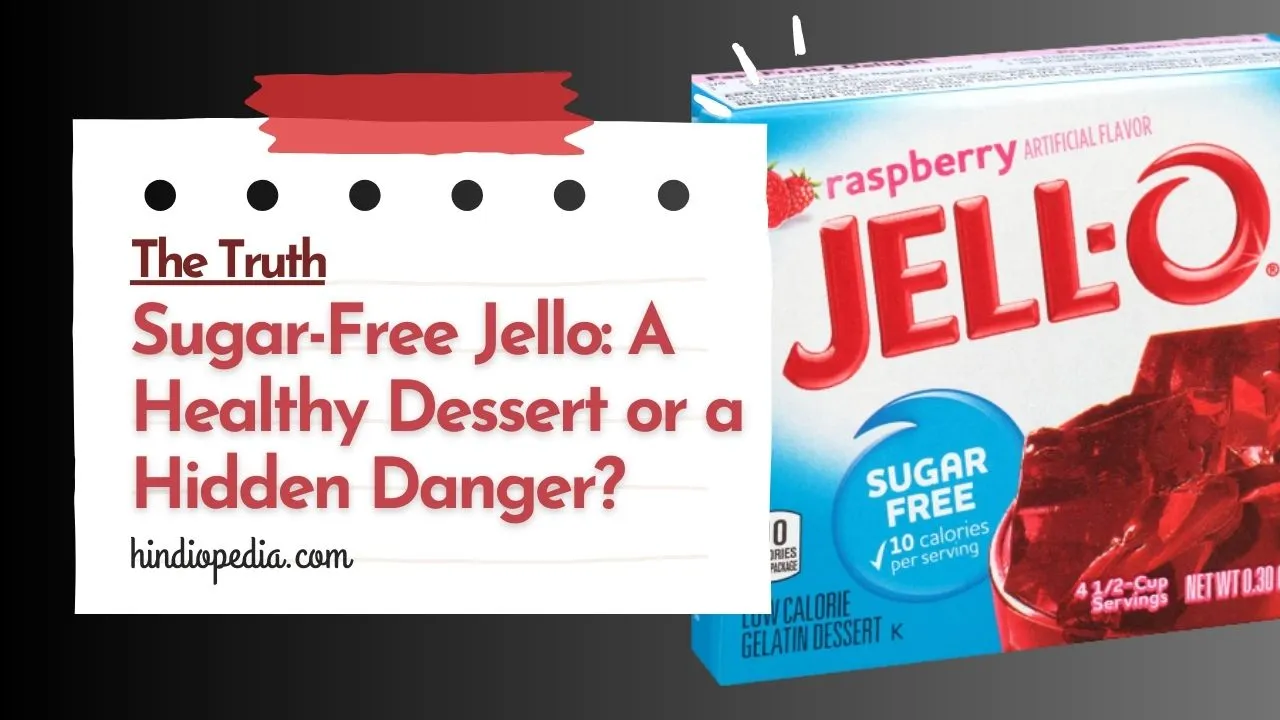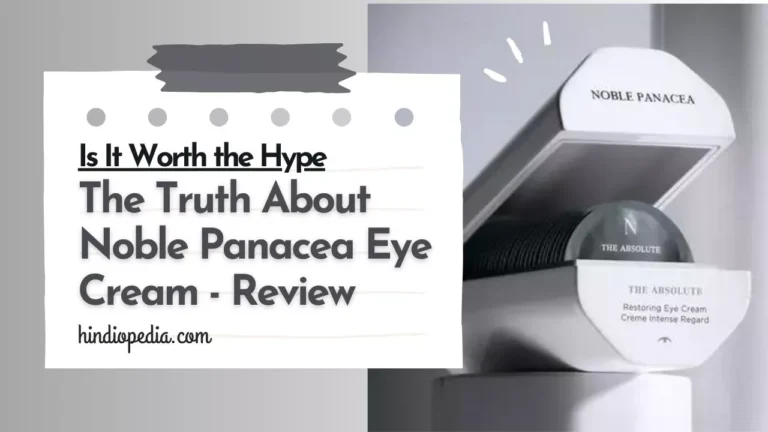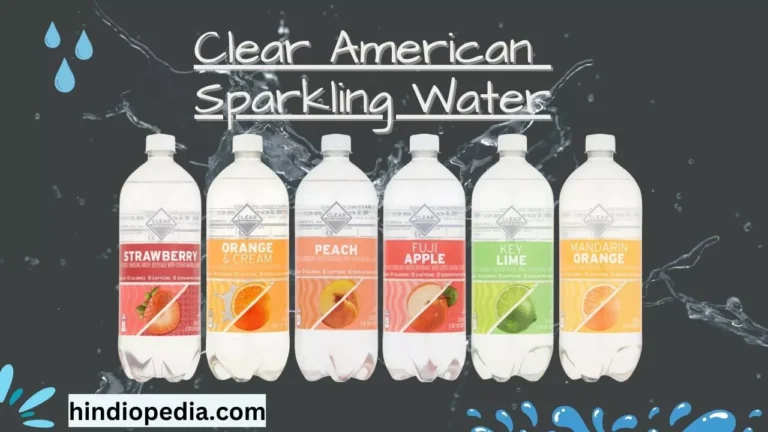Is Sugar-Free Jello Good For You? What You Need to Know Before Eating Sugar-Free Jello
Jello is a popular dessert that many people enjoy for its sweet taste and fun texture.
But is sugar-free jello actually good for you?
In this article, we’ll explore the ingredients in sugar-free Jello, the potential health benefits, what experts have to say about it, and whether or not it’s a good choice for a healthy diet.
What is Sugar-Free Jello?
Sugar-free Jello is a type of gelatin dessert that is made with artificial sweeteners instead of sugar.
The most common sweetener used in sugar-free Jello is aspartame, which is a non-saccharide sweetener that has no calories and does not affect blood sugar levels.
Other ingredients in sugar-free Jello include water, gelatin, artificial flavors, and colors.
Pros of Sugar-Free Jello
Sugar-free Jello has some advantages over regular Jello that may make it a better option for some people.
Here are some of the pros of sugar-free Jello:
Cons of Sugar-Free Jello
Sugar-free Jello also has some drawbacks that may make it a less desirable option for some people.
Here are some of the cons of sugar-free Jello:
Does Sugar-Free Jello Raise Blood Sugar?
Sugar-free Jello contains artificial sweeteners that don’t affect your blood sugar level.
However, it’s important to note that some boxed sugar-free Jello can raise blood sugar due to maltodextrin in the ingredients.
Ready-to-eat sugar-free Jello does not contain maltodextrin and will not raise your blood sugar.
Can Diabetics Have Sugar-Free Jello?
Yes, diabetics can have sugar-free Jell-O.
In fact, Sugar-free Jell-O can be a good alternative for people with diabetes who want an after-dinner indulgence.
Sugar substitutes don’t affect your blood sugar level and are considered “free foods”.
However, it’s important to remember that other ingredients in foods that contain artificial sweeteners may still affect your blood sugar level.
Does Sugar-Free Jello Spike Insulin?
Sugar substitutes don’t affect your blood sugar level. In fact, most artificial sweeteners are considered “free foods”.
However, sugar-free jello that comes in a box can raise blood sugar due to maltodextrin being one of the ingredients.
Maltodextrin has a high glycemic index value (185–105) which means that this product is not good for diabetics.
The sweet taste of artificial sweeteners triggers cephalic phase insulin release, causing a small rise in insulin levels.
Also check: Is Sugar-Free Gelatin Good for You
Is Sugar-Free Jello Good For Diabetics?
Sugar-free Jello is a “free” meal in a type 2 diabetes diet that can provide a little sweetness as a dessert or snack.
However, some sugar substitutes may interfere with your ability to manage blood sugar, so use caution while using these items.
Aspartame is the most common sweetener found in sugar-free jello and it never disturbs the blood sugar level.
Does Sugar-Free Jello Have Collagen?
Sugar-free Jello does not contain collagen. However, it contains gelatin which is derived from collagen.
Gelatin is a protein that is made from the collagen found in animal bones, skin, and connective tissue.
Does Sugar-Free Jello Have Protein?
Yes, Sugar-Free Jello does contain protein. According to Nutritionix, one serving of Sugar-Free Jello contains 0.5g of protein.
You can also check the Sugar-Free Jello Nutrition in detail if you are interested.
The Bottom Line
Sugar-free Jello can be a good option for those who want to enjoy a sweet treat without consuming too many calories or carbohydrates.
It can also be a good source of protein that can help with muscle growth and repair.
However, sugar-free Jello also has some disadvantages that may outweigh its benefits for some people.
It contains artificial ingredients that may cause adverse reactions or health problems in some individuals.
It also lacks nutrients that are important for overall health and wellness. It is not suitable for vegetarians or vegans because it contains animal-derived gelatin.
If you decide to eat sugar-free Jello, make sure to do so in moderation and as part of a balanced diet. You can also try making your own sugar-free jello with natural ingredients such as fruit juice, agar-agar (a plant-based gelatin substitute), and stevia (a natural sweetener).
This way, you can enjoy the taste and texture of jello without artificial additives.





